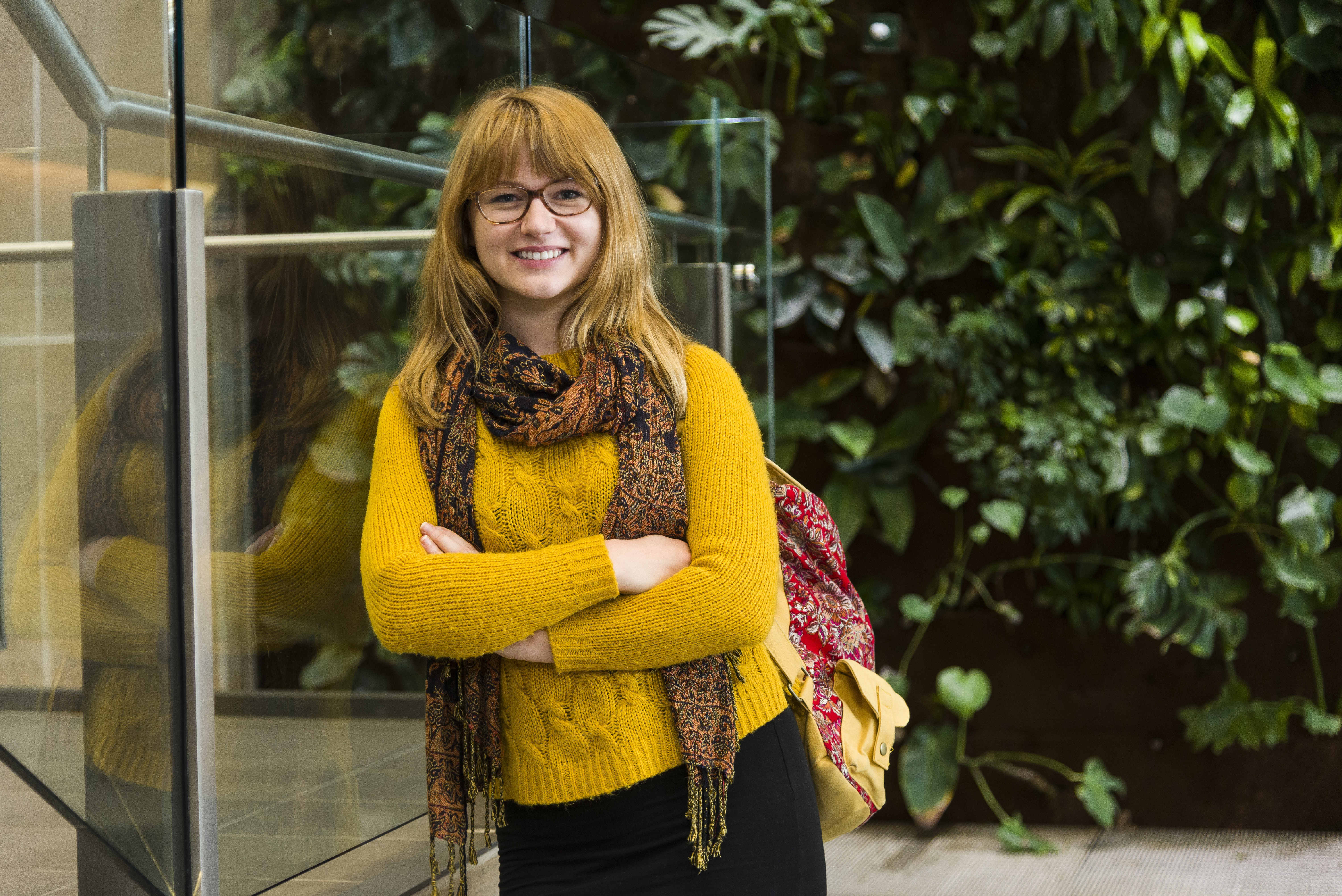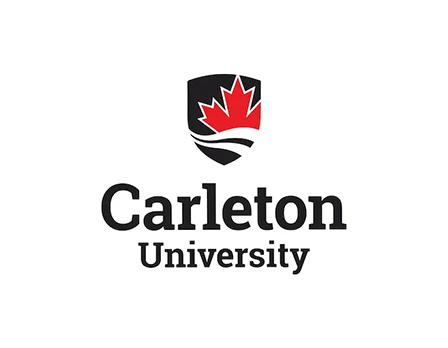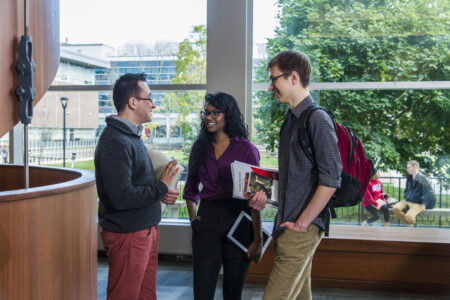The energy sector is going through a transformation, driven by climate change, the growth in renewable energy and distributed resources, and changing regulations. This creates a wealth of opportunities for innovation in reducing energy consumption and improving efficiency, ripe for highly skilled engineering graduates, like those from Carleton University, to seize.
That’s due to how impactful its undergraduate programme in Sustainable and Renewable Energy Engineering (SREE) is. It arms you with the technical expertise and problem-solving skills needed to excel.
Carleton’s programme is a deep dive into sustainable and renewable energy systems. It’s split into two streams, each focusing on a different aspect of energy engineering. Stream A, “Smart Technologies for Power Generation and Distribution,” leans towards electrical engineering, while Stream B, “Efficient Energy Generation and Conversion,” is more about mechanical engineering. This dual approach allows you to tailor your education to your passions and career goals.
During the first two years, you will build a foundation in either electrical or mechanical engineering, depending on your chosen stream. You will take core courses like circuits, thermodynamics, heat transfer, and electric power engineering. As you move into your third and fourth years, you will take on more advanced topics and specialised courses related to sustainable energy systems, different renewable energy sources, and the electricity grid.
Some of the core courses in the programme include Sustainable & Renewable Energy Sources (SREE 3001), Electrical Distribution Systems (SREE 3002), Sustainable & Renewable Electricity Generation (SREE 3003), Efficient Energy Conversion (SREE 4001), and Modelling and Analysis of Energy Systems: Risk, Reliability & Economics (SREE 4002). These courses fuse theory with practical application, through lab work and design projects. For example, in Efficient Energy Conversion (SREE 4001) and Modelling and Analysis of Energy Systems: Risk, Reliability & Economics (SREE 4002), you will engage in research or design projects that challenge you to test your knowledge in real-world scenarios.

Source: Carleton University
In your final year, you complete a Capstone Project. Working in teams on a long-term design project, you will practise everything you have learned and gain a deeper understanding of real-world applications beyond the classroom.
Hands-on experience and industry links
One of the programme’s key features is its focus on keeping students up to date with the latest advancements in renewable energy technologies. In courses like Efficient Energy Conversion (SREE 4001), you work on design projects centred around emerging technologies like hydrogen, tidal energy, and small modular reactors (SMRs). The programme covers the impact of electrification — such as electric vehicles (EVs) — and the integration of intermittent energy sources into electricity grids. By including case studies of recent engineering challenges, the curriculum ensures you are well-versed in both current trends and the future direction of the energy industry.
The best part? You’ll learn from faculty members who are experts in various areas of sustainable and renewable energy engineering. These are some of the best minds and practitioners in a wide range of topics, including power system engineering, wind turbine design, solar thermal energy technologies, advanced nuclear power, and hydrogen technologies, among others.
As a Carleton student, you stand the chance to work directly with these leading figures in CV-boosting research stints.
“Faculty often advertise available research positions at the beginning of each term,” says Ahmed Abdulla, Associate Professor in the Sustainable and Renewable Energy Engineering programme. “Students can join established research groups to engage in academic research, either through a co-op position, undergraduate research awards, or the Internship-Carleton University Research Experience for Undergraduate Students (I-CUREUS) programme.”

Source: Carleton University
Preparing for a future in the evolving energy industry
More valuable work experience is available via its co-op programme. Typically, students undertake a four-month work term during the summer after their second year, followed by a 16-month work term after their third year. These placements provide experience in the energy field, helping students apply their knowledge in professional settings, build industry connections, and boost their employability.
Carleton’s Co-op Office supports students throughout the job search process. The office provides resources such as resume writing workshops, interview preparation sessions, mock interviews, and a job board where employers post available positions. Throughout the year, the co-op office hosts job fairs that connect students with potential employers. Similar support is available through Carleton University’s Career Services for graduating students seeking employment.
The result? Upon completion, you will be ready to enter the rapidly evolving energy industry. With a solid foundation in either mechanical or electrical engineering, you can pursue careers in various sectors, including power generation, sustainable building development, electricity distribution, and government agencies related to energy. Thanks to the programme’s accreditation, you can pursue your Professional Engineer (PEng) designation too, adding another credential to an already strong resume.
Learn more about Carleton University.
Follow Carleton University on Facebook, X, LinkedIn, and Instagram













